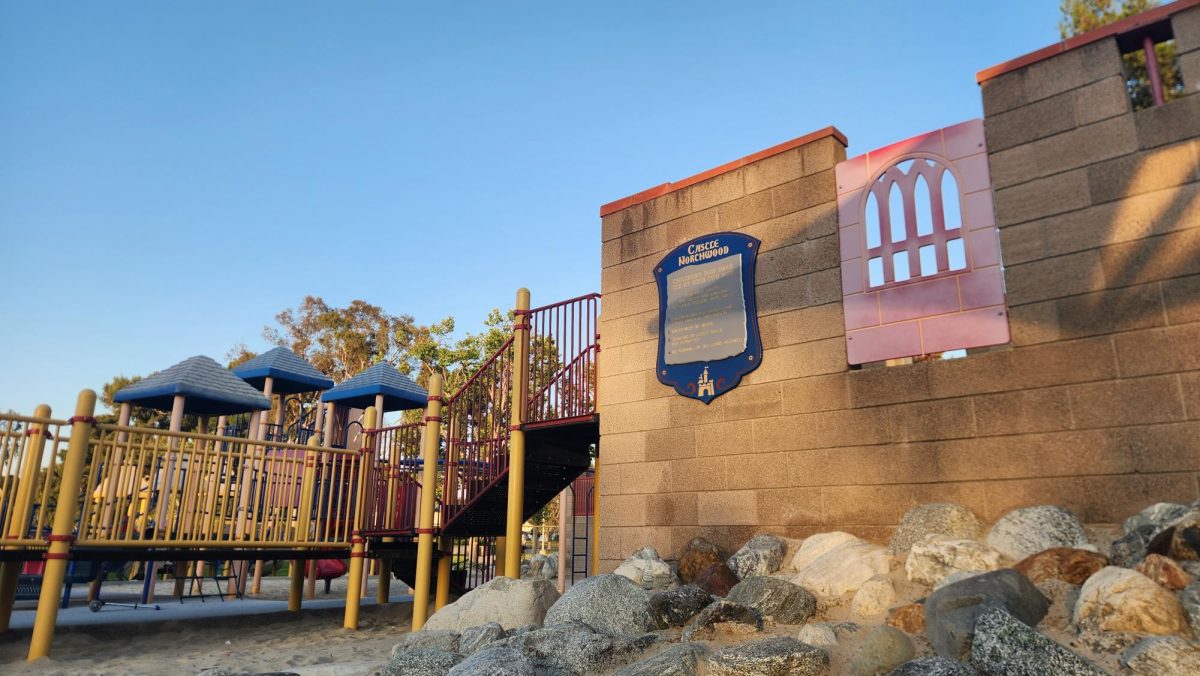Energy drinks, like the seemingly Northwood-favorite, Celsius, can feel like the most loyal study buddies that enable us to stay awake for hours on end. What students often fail to realize, or even ignore, is the immense harm that these drinks can bring to the human body, especially for teenagers. These drinks are not meant for teenagers and should not be consumed in such high quantities.
The fruitful taste, carbonated effect and colorful designs of a Celsius bottle seem less intimidating to high school students than the mature brown of coffee, making them tempting to consume on an everyday basis. However, energy drinks are not healthier alternatives to coffee.
While an average cup of Espresso shot coffee contains 150 mg of caffeine, the average Celsius bottle contains 200 mg of caffeine. As the average caffeine consumption of American adults is around 135 mg, it is unacceptable for high schoolers 10 to 30 years younger to be drinking 65 mg more per day.
Regardless, caffeine does not magically take away the human body’s need for sleep; it merely suppresses the desire for sleep for a short period of time. Caffeine works by blocking sleep-promoting receptors in the brain, which are supposed to help regulate the sleep and wake cycle, and is merely numbing the body to sleep deprivation for the next six to eight hours, according to Houston Methodist. This is essentially the same thing as spraying tons of cologne to cover up a bad odor when really, you just need to take a shower.
Especially for teenagers, whose brains and body are still developing, getting sleep is crucial. The sleepy feeling is the body alerting the mind to sleep, and energy drinks interrupt this natural process in the human body. In the long run, energy drinks can cause deadly side effects: cardiac arrhythmias, chest pain, hypertension and even sudden cardiac death due to their high concentrations of caffeine.
Constantly relying on energy drinks to combat sleepiness is even more problematic because it can create caffeine addictions, which young adults and high schoolers are more prone to developing, according to a 2021 paper published in the International Journal of Environmental Research and Public Health. The high levels of caffeine in energy drinks are a psychoactive stimulant drug designed so that every sip makes you more addicted to the sweet flavor. This makes you pick up the bottle over and over again.
A high school student should not need to depend on a bottle of Celsius to pull an all-nighter. Given the detrimental health effects of consuming this much caffeine, it is simply not worth it. If you’re contemplating on pulling an all-nighter, a Celsius bottle is not going to be your saving grace.
The next time you start feeling tired and unfocused while studying at night, understand that it’s your body telling you to sleep, not telling you to crack open another bottle of Celsius. Try taking less harmful, non-caffeinated alternatives, like camomile tea, lemon water or golden milk if you are feeling tired. If these drinks don’t work, it’s probably time for you to go to sleep. You can always wake up early to do the assignment. It’s simply not worth it.




















































